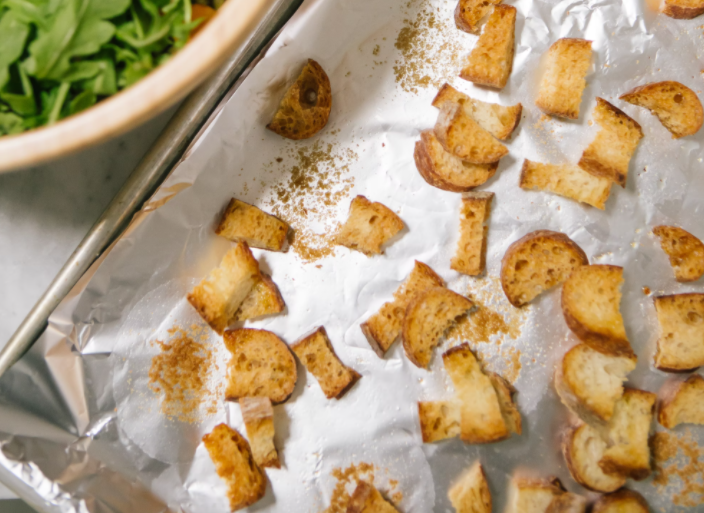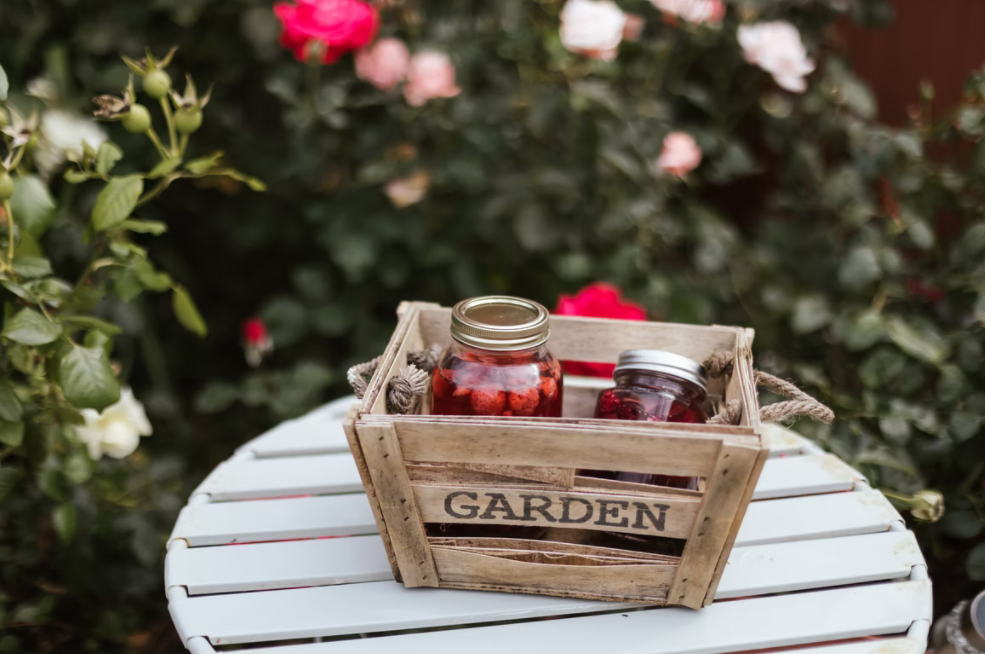6 Ways to Utilize Your Food Waste

Throwing away too much food? Here is how you can put it to good use!

Photos By: Unsplash
Food waste is a catastrophe in the U.S., with billions of pounds of food disposed of annually. Feeding America reveals that there is $161 billion worth of food wasted each year, representing 40 percent of all food in America. These astounding statistics call for urgent action in preventing food waste by adapting some food conservation habits. Avoiding food waste starts by taking responsibility for managing the food you consume to avoid throwing it away in excess. Buy just enough for consumption/storage to eliminate the need for disposals. There are also many helpful ways to utilize food waste in case total elimination is not possible, including:
1. Make a Soup
Vegetables are common ingredients and are likely to end up on shopping lists each time there is a detour to the grocery store. Overstocking this common commodity is typical in kitchens leading to waste when you need to dispose of the unused portions. Instead, consider turning the not-so-fresh veggies into soup for a sumptuous meal. Veggies make for nutritious soups. You can also add leftover meat scraps, bones, noodles, etc., for more flavor. The broccoli trunks and stems you usually throw away can find their way to a soup pot and transform into a meal. Invent a nutritious concoction recipe and avoid wastage.
2. Repurpose
Some food waste can be repurposed into a non-food item instead of dumping it. Cooking oil is an example of food waste that finds a novel use instead of disposing and degrading the environment. Used cooking oil is a billion-dollar industry that converts to biodiesel to power heavy machinery and vehicles. You can start collecting used cooking oil and identify collectors who will happily pay for it. Banana peels also convert to a cleaning implement for plants. You can rub the soft side of the peels on the leaves to shine them up and remove dust. Food scraps are sources of garden fertilizer. Store the food waste and let them compost to enjoy a sprouting garden.

3. Make Jam
Fruit scraps can be cut into pieces and transformed into a delicious jam. To make the jam, cook the fruit remnants, strain them, and then boil with sugar & lemon juice. Place the cooked-up broth in jars and save for later. The result is tasty and healthy jam spread for toasted bread or as a garnish for your baked pastries.
4. Regrow Your Veggies
An innovative way of reducing waste and optimizing food use is to regrow your veggies. Do a home experiment by placing vegetable stalks in water and watch them start to grow in a couple of days—the once dull-looking discarded vegetable stem sprouts into lush green parts and increases your vegetable portions. You can also plant the vegetables or fruit seeds and have your own garden supply of your favorite veggies and fruits. An advantage of having the garden supply is that you only pick enough for your meals, eliminating waste associated with buying in large quantities.
5. Saute the Stems
An alternative to making soup out of waste vegetables is to saute them. The veggie stems are ideal for this cooking method as it makes them softer to eat and gives them a good flavor. To saute the veggies, use a small quantity of butter or oil in a shallow pan on high heat. The veggies cook for 3–5 minutes on each side, and the meal is ready. Sauteed vegetables add taste to otherwise bland meals and have nutritional value as well. You can add more vegetables to your kitchen inventory and spruce up meals with ingredients that would have ordinarily gone to waste.

6. Make Croutons
When bread goes stale, the natural thing is to toss it off in the garbage bin. You can avoid this waste by making croutons from stale bread. Croutons are re-baked bread and a popular additive to salads. To make this delicacy, slice the stale bread into small cubes, toss in olive oil, season, and bake. Seasoning adds taste to the croutons, and you can have them as snacks, avoiding unhealthy processed foods.
Reduce Waste, Discover New Dishes
There is no better reward than making culinary discoveries as you reduce food waste. The days of having bland, everyday meals are over as you cook up delicacies that otherwise end up in the trash. You can purposely reduce food waste at every opportunity you get, and, with time, it becomes a habit. You also live with a clearer conscience by not contributing to food waste and appreciating the food you do have more.






